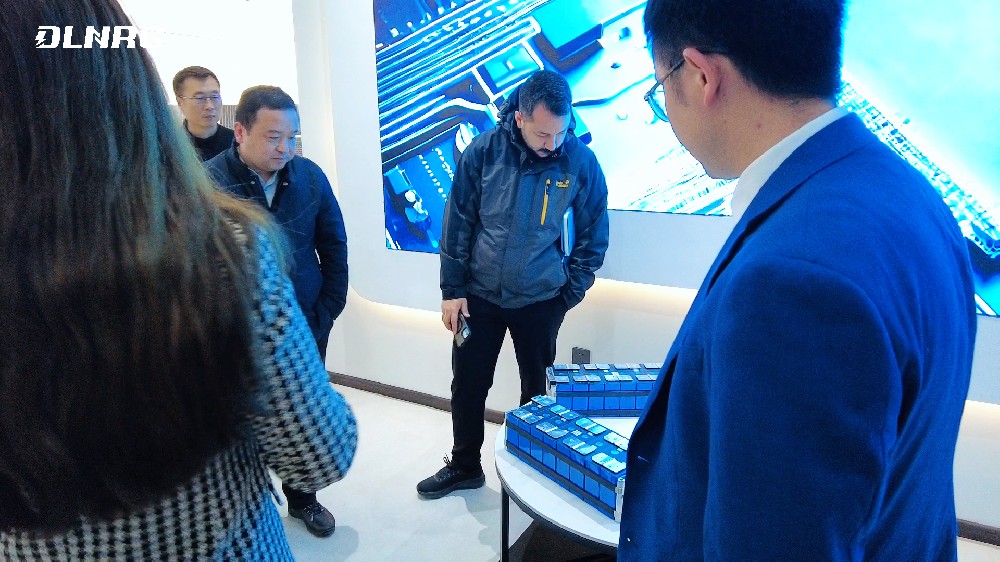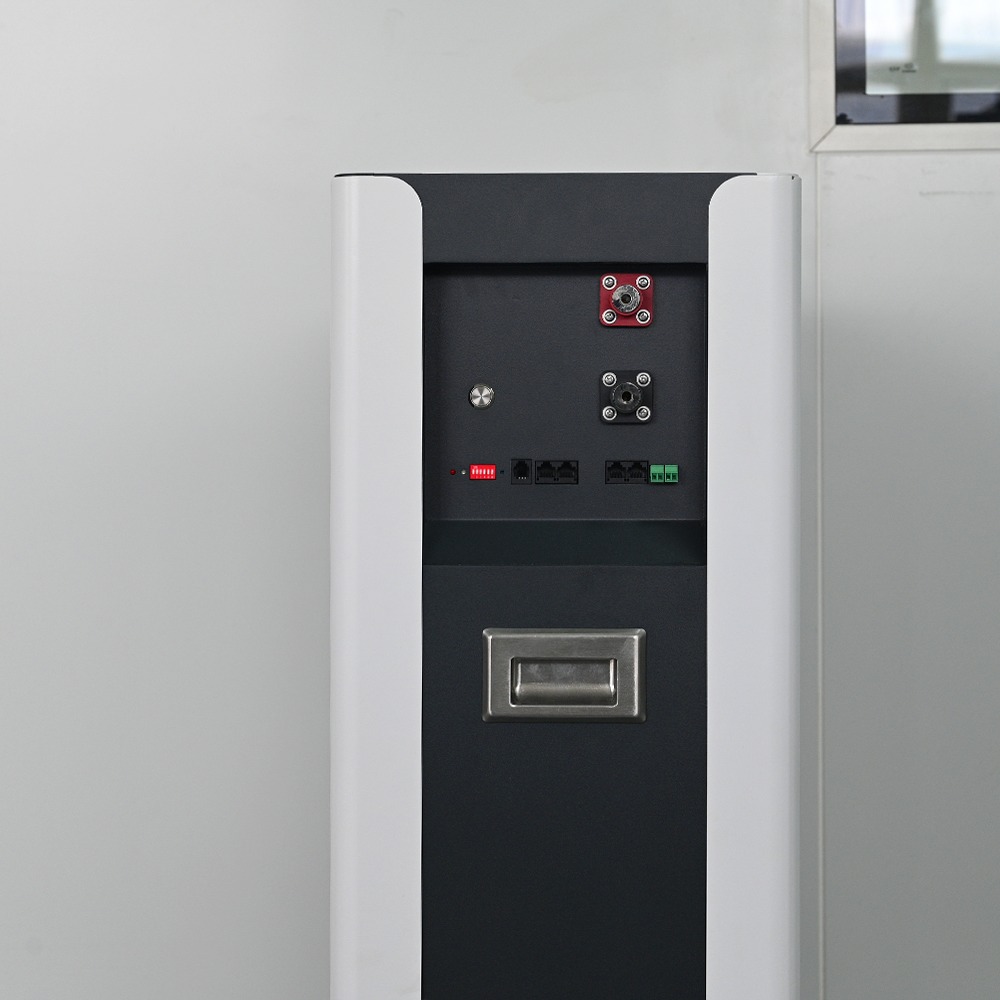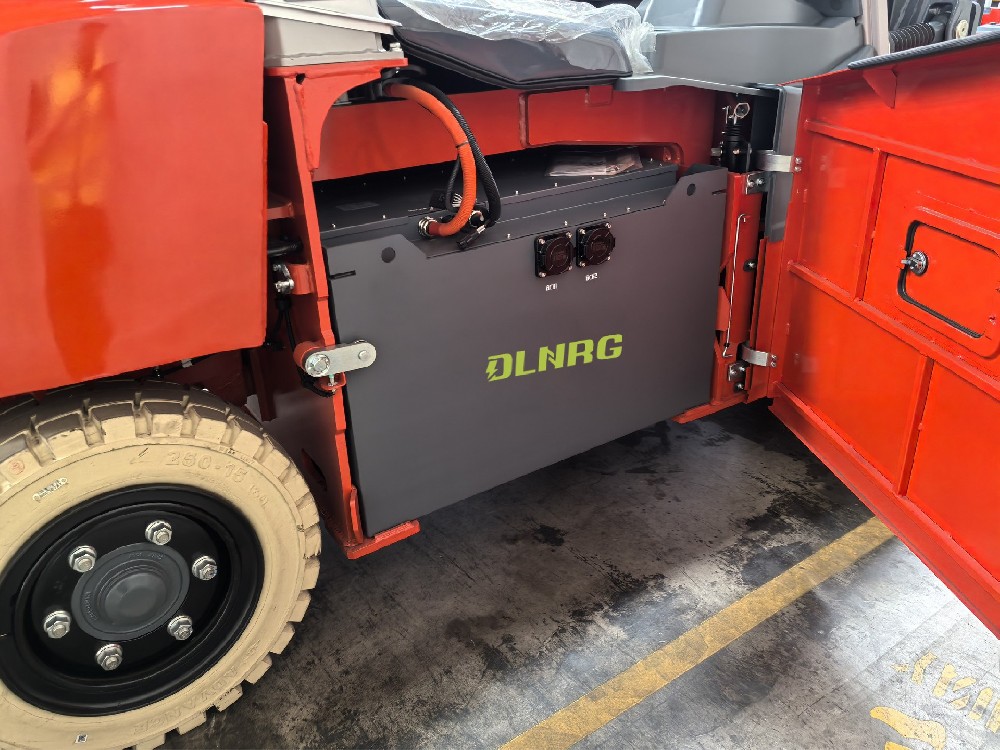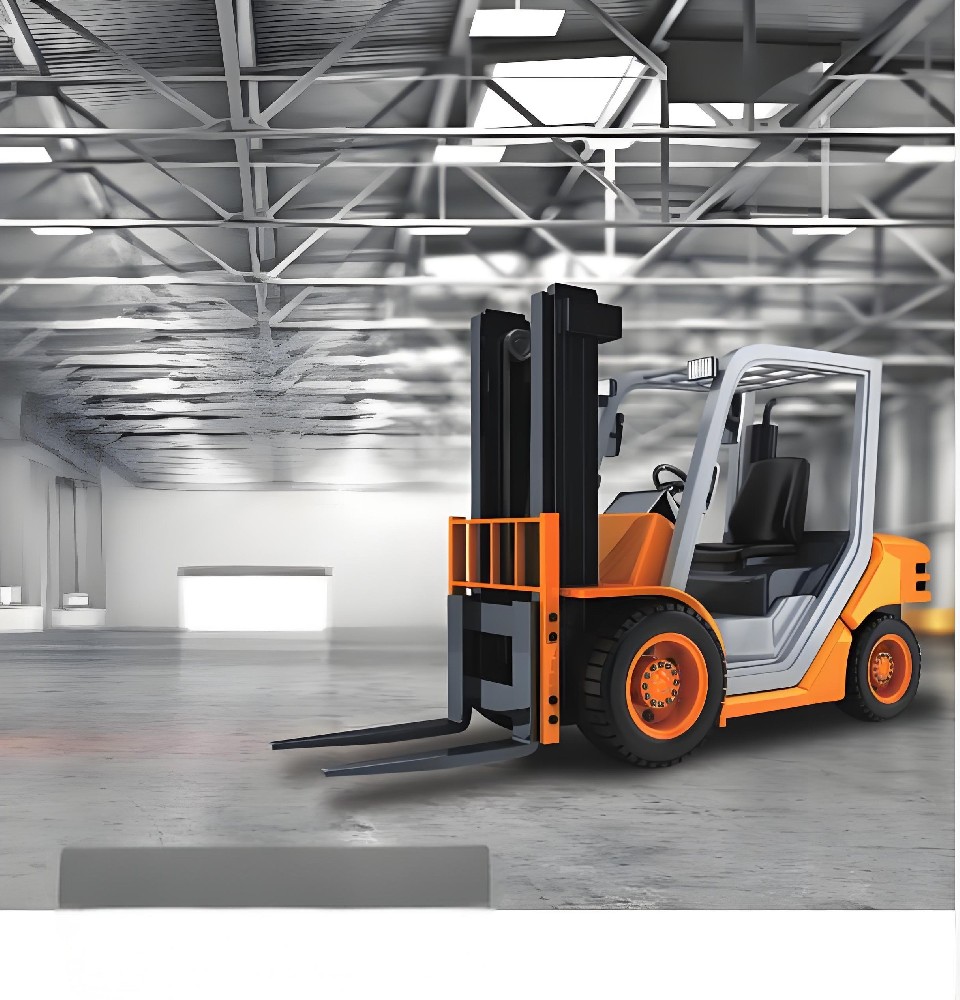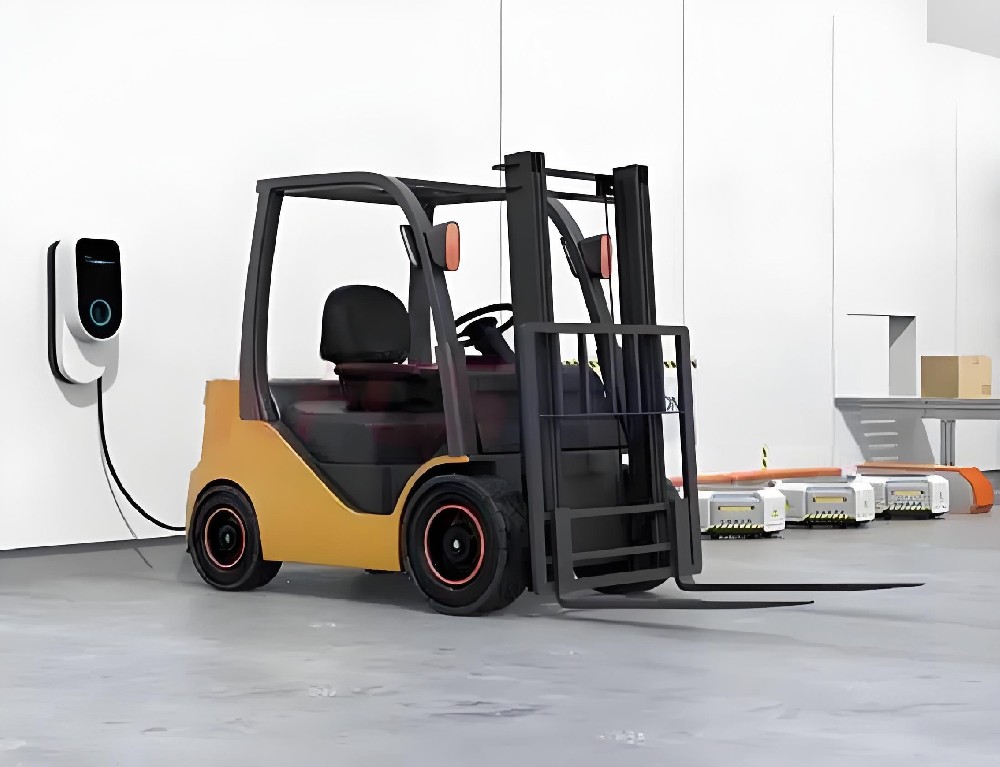The material handling industry has undergone significant transformations in recent years, fueled by technological advancements and the growing need for more efficient and sustainable operations. One such innovation that has revolutionized the forklift landscape is the lithium battery. As a viable alternative to traditional lead-acid batteries, lithium batteries offer many benefits that enhance the efficiency of forklift operations and contribute to a more environmentally friendly workplace.
In this article, we will delve into the world of forklift lithium batteries, exploring their advantages, the technology behind them, and their role in shaping the future of the material handling industry.
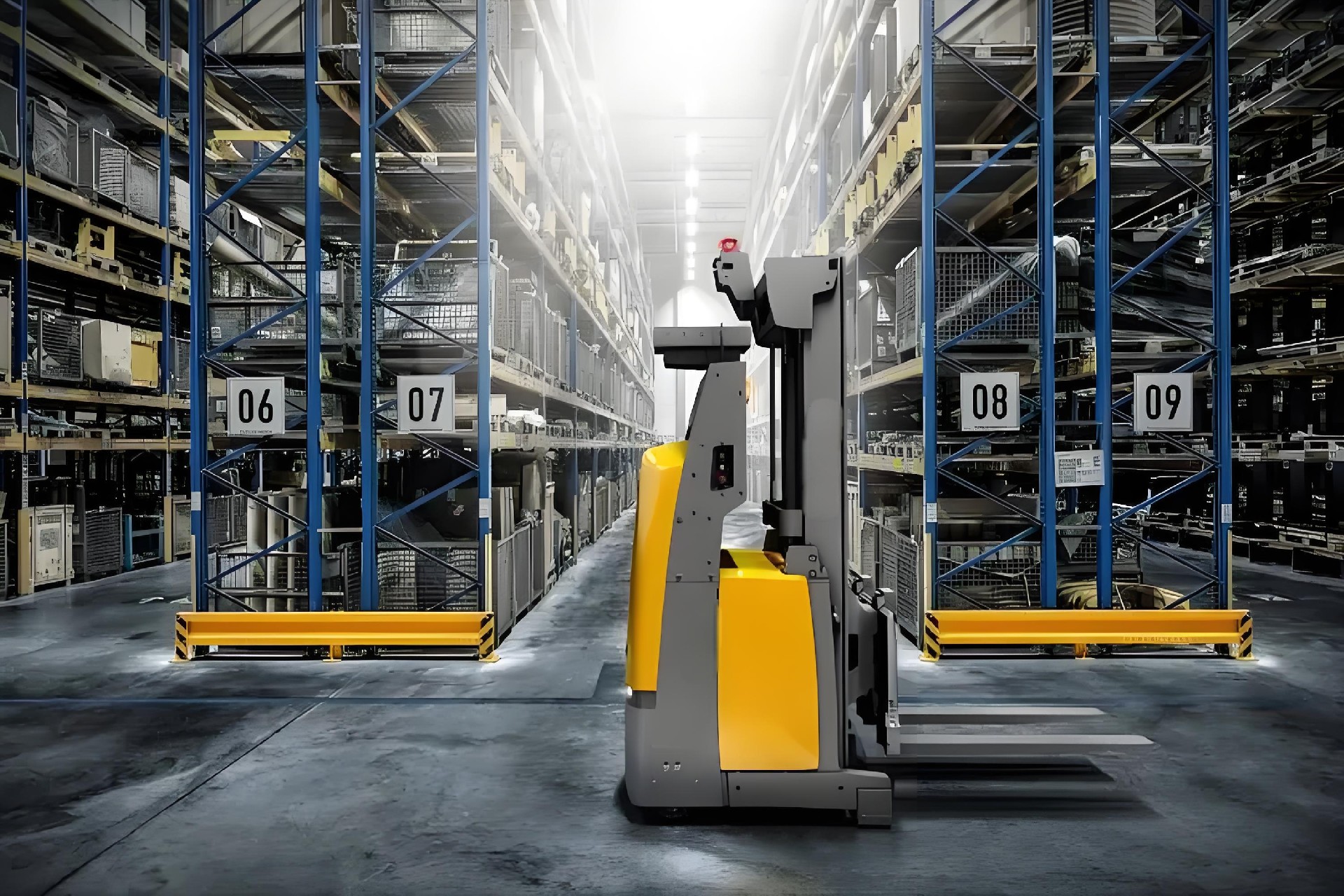
The Benefits of Forklift Lithium Batteries
Enhanced performance: Lithium batteries provide a constant voltage output throughout their discharge cycle, ensuring consistent performance and more efficient forklift operation. Additionally, they have a higher energy density, translating to longer run times and less downtime for charging.
Faster charging: Lithium batteries boast quicker charging times than their lead-acid counterparts. This reduces downtime, increases productivity, and allows for opportunity setting during breaks and shift changes.
Longer lifespan: On average, lithium batteries have a lifespan of 2000-3000 cycles, while lead-acid batteries typically last for 500-1000 cycles. This means lower replacement costs and less maintenance for businesses.
Eco-friendly: Lithium batteries are less harmful to the environment as they do not contain toxic heavy metals like lead. They also require less manufacturing energy and are recyclable,
contributing to a greener material handling industry.
The Technology Behind Forklift Lithium Batteries
Chemistry: Forklift lithium batteries utilize lithium iron phosphate (LiFePO4) chemistry, which offers high energy density, excellent thermal stability, and enhanced safety compared to other lithium-ion chemistries.
Battery Management System (BMS): A BMS is a crucial component of lithium batteries, responsible for monitoring and regulating critical parameters such as voltage, current, and temperature. This system ensures optimal performance, prolongs battery life, and safeguards against hazards like overcharging or overheating.
Thermal Management: Lithium batteries require effective thermal management to maintain optimal performance and prevent overheating. Most forklift lithium batteries employ passive cooling systems, such as air circulation, or active systems, like liquid cooling, to manage temperature levels.
Implementing Forklift Lithium Batteries in Your Business
Assessing your needs: Before transitioning to lithium batteries, consider your operational requirements, budget, and environmental impact. Consult with a reputable battery supplier or expert to help determine the most suitable solution for your business.
Retrofitting existing forklifts: In many cases, existing forklifts can be retrofitted to accommodate lithium batteries. This involves replacing the lead-acid battery, modifying the battery compartment, and updating the forklift’s charging system.
Investing in new forklifts: If you’re in the market for new forklifts, consider models specifically designed for lithium batteries. These forklifts often come with built-in features that maximize the benefits of lithium technology, such as fast charging capabilities and advanced battery management systems.
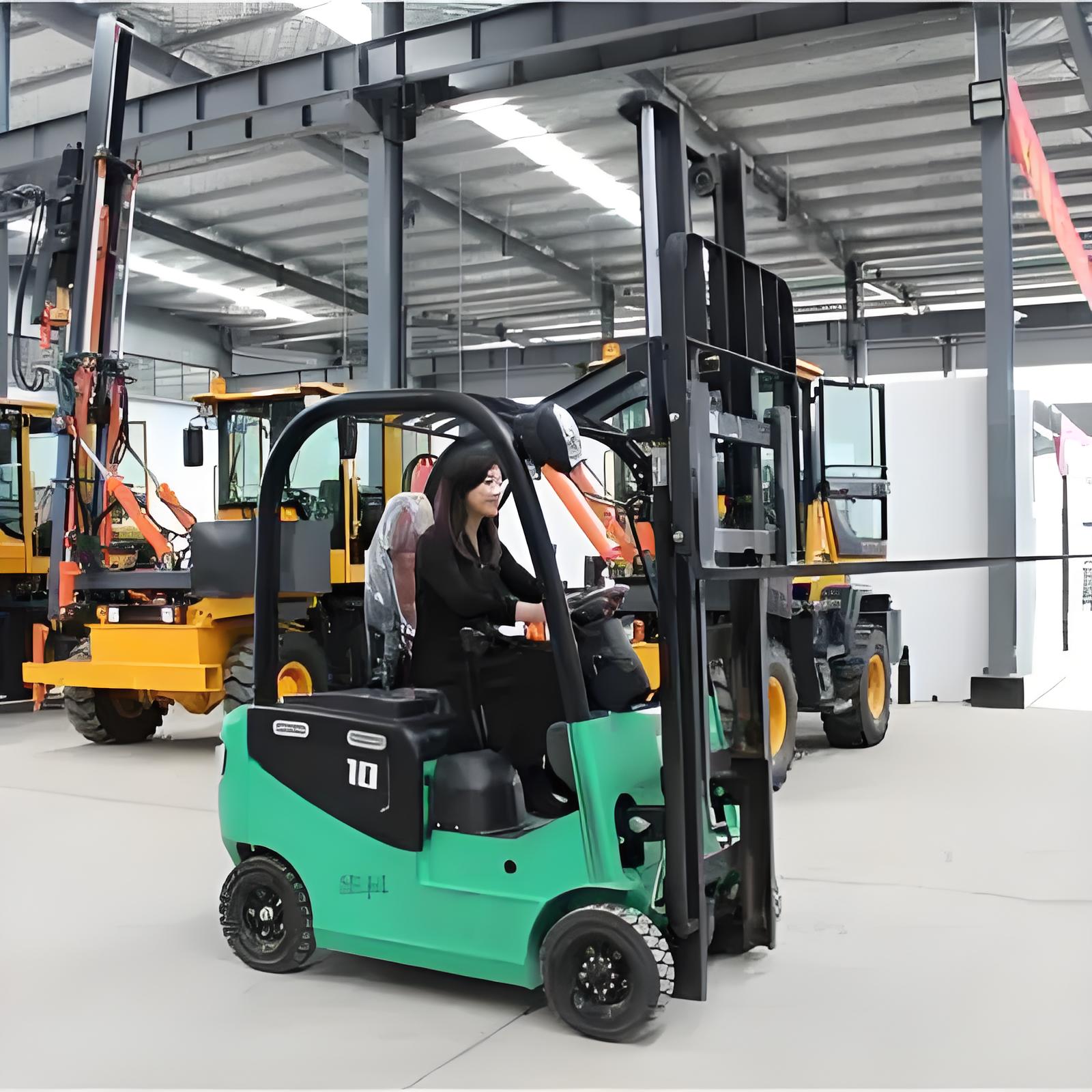
The Future of Forklift Lithium Batteries
As the material handling industry evolves, the demand for efficient and sustainable solutions like lithium batteries is only expected to grow. Technology advancements, such as solid-state lithium batteries, promise even more significant energy density, faster charging times, and enhanced safety features.
In conclusion, forklift lithium batteries are a game-changer in the material handling industry, offering significant performance, efficiency, and sustainability advantages. As businesses adopt this technology, it is anticipated that using lithium batteries in forklifts will become the norm, driving increased productivity and fostering a more environmentally conscious industry.
Overcoming Challenges Associated with Forklift Lithium Batteries
While lithium batteries offer numerous benefits, it’s essential to be aware of potential challenges and solutions to maximize their potential:
Initial cost: Lithium batteries have a higher upfront cost than lead-acid batteries. However, considering the long-term savings from reduced maintenance, longer lifespan, and increased productivity, the overall cost of ownership may be lower.
Training and safety: Transitioning to lithium batteries may require additional training for employees to ensure proper handling, charging, and maintenance. Familiarize your staff with safety protocols and provide ongoing education to minimize potential risks.
Regulatory compliance: As with any technology, lithium batteries are subject to various regulations and standards. Ensure your business complies with all relevant safety and environmental regulations to avoid potential fines or penalties.
Choosing the Right Forklift Lithium Battery Supplier
A reliable and knowledgeable battery supplier is crucial to successfully implementing lithium batteries in your material handling operations. Here are some factors to consider when selecting a supplier:
Experience: Look for a supplier with a proven track record in the industry and experience working with forklift lithium batteries.
Quality: Ensure the supplier offers high-quality lithium batteries that meet industry standards and undergo thorough testing.
Customer support: A reputable supplier should provide exceptional customer support, including technical assistance, troubleshooting, and warranty services.
Customization: Your supplier should be able to offer customized battery solutions tailored to your specific needs and requirements.
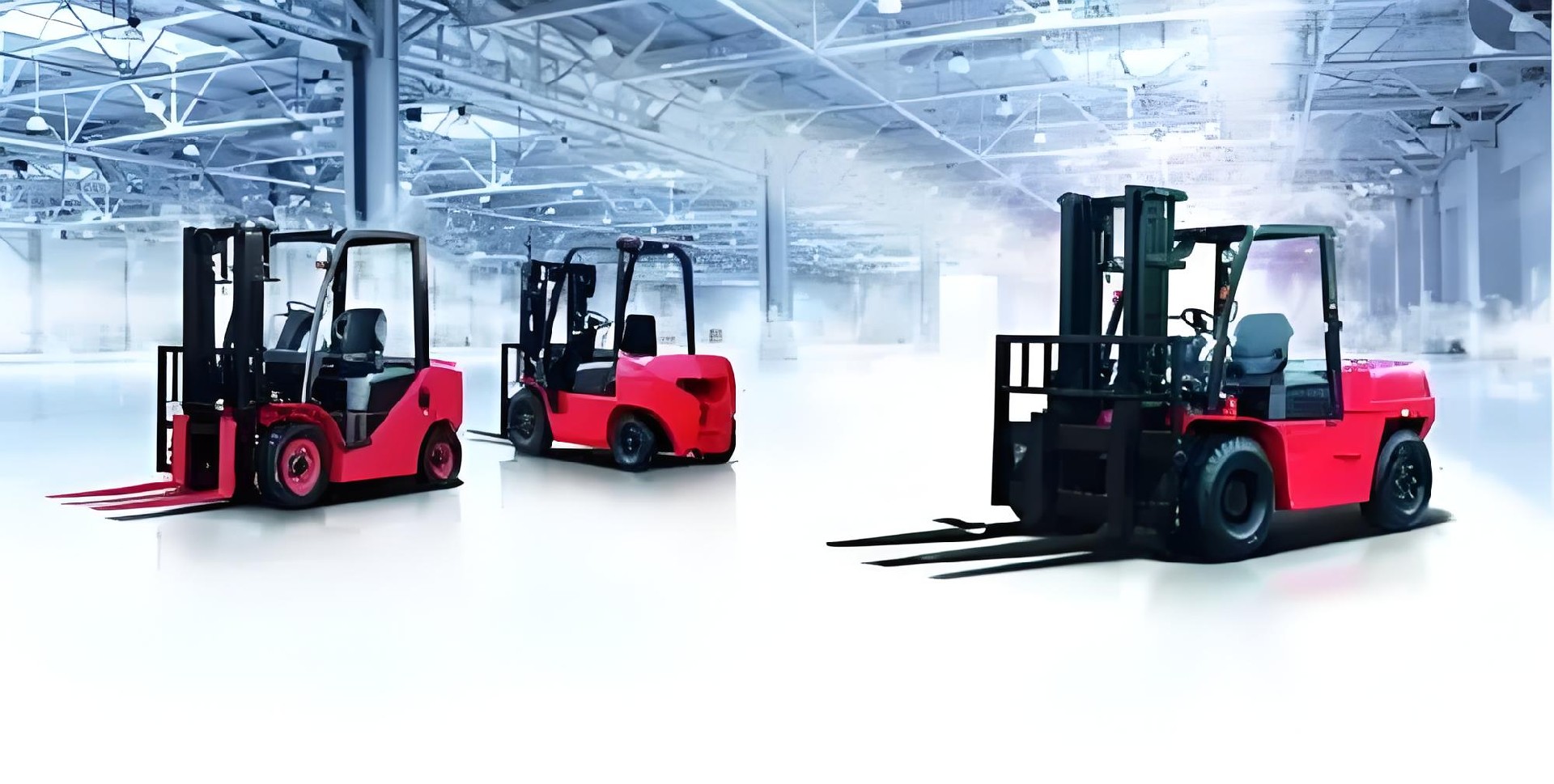
Embracing Sustainable Practices in the Material Handling Industry
The shift to forklift lithium batteries signifies a broader trend toward sustainability in the material handling industry. Businesses can further contribute to environmental conservation by:
Implementing energy-efficient practices: Optimize your facility’s energy usage by adopting energy-efficient lighting, heating, and cooling systems.
Reducing waste: Implement strategies such as recycling and reusing materials to minimize your business’s environmental impact.
Training and awareness: Educate employees on the importance of sustainability and encourage them to adopt eco-friendly practices in their daily routines.
In summary, forklift lithium batteries transform the material handling industry, offering businesses a more efficient, cost-effective, and environmentally friendly alternative to traditional lead-acid batteries. By embracing this technology and adopting sustainable practices, companies can significantly enhance their operations and contribute to a cleaner, greener future.
Maintenance Tips for Forklift Lithium Batteries
To ensure the longevity and optimal performance of your forklift lithium batteries, it’s essential to follow proper maintenance practices. Here are some tips to help you get the most out of your investment:
Regular inspection: Routinely inspect your lithium batteries for any signs of damage, swelling, or leakage. Address any issues promptly to prevent further complications.
Cleanliness: Keep the battery terminals clean and free from dirt and corrosion. Use a soft cloth or brush to remove debris, and apply a corrosion inhibitor if needed.
Proper charging: Always use the manufacturer-recommended charger for your specific lithium battery. Adhere to the recommended charging protocols, including opportunity charging during breaks and shift changes, to prolong the battery’s lifespan.
Storage: Store lithium batteries in a relaxed, dry environment, away from direct sunlight or heat sources. Avoid storing batteries in a discharged state, as this can reduce their overall capacity and performance.
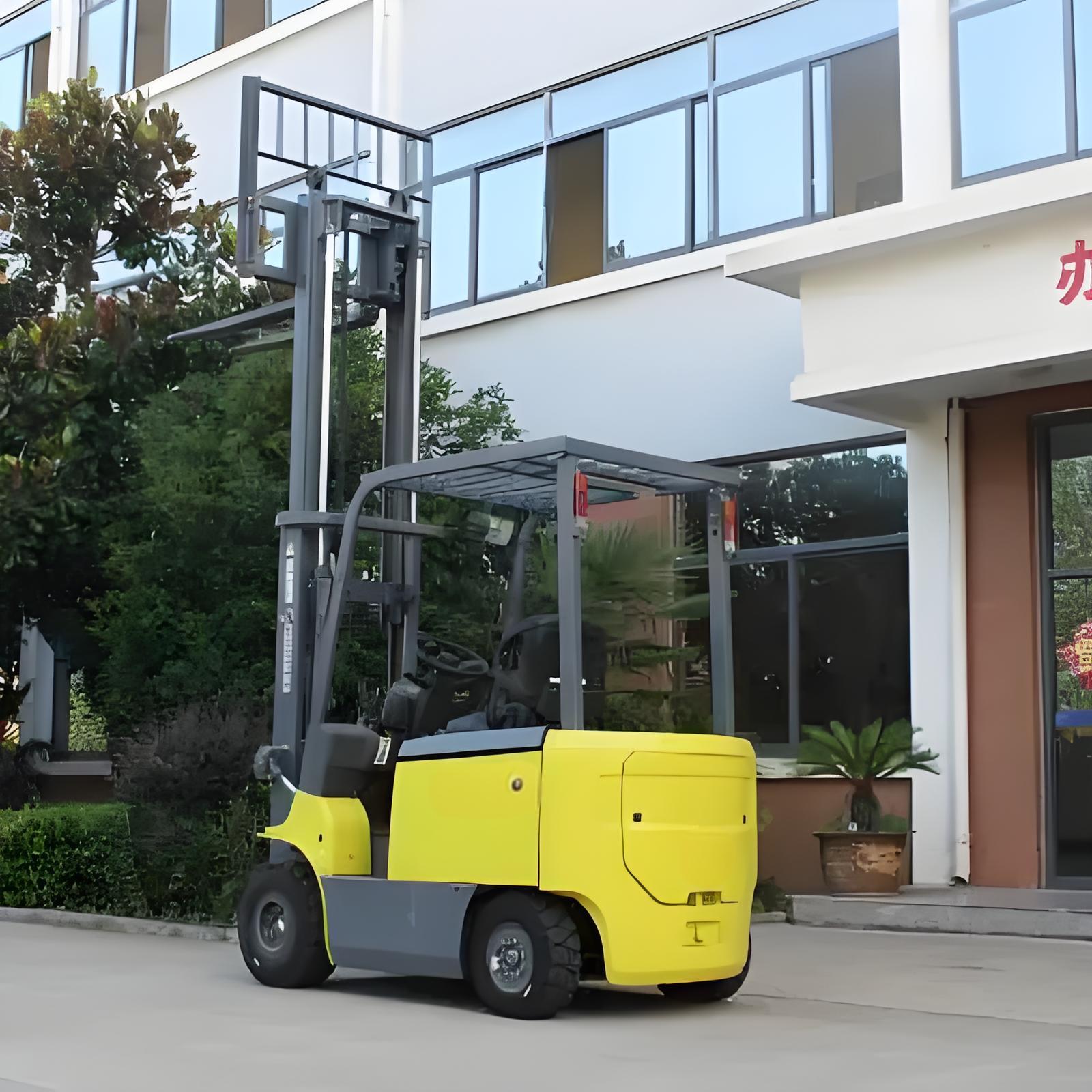
Integrating Forklift Lithium Batteries with Renewable Energy Sources
As businesses strive to reduce their carbon footprint, integrating forklift lithium batteries with renewable energy sources, such as solar or wind power, presents an exciting opportunity. By
combining these technologies, companies can reduce their reliance on fossil fuels, lower operational costs, and contribute to a cleaner environment.
To implement this approach:
Assess your energy needs: Calculate your facility’s energy consumption and determine the appropriate size and capacity of a renewable energy system to meet your requirements. Partner with a renewable energy expert: Consult with a renewable energy specialist to design and install a plan tailored to your needs. They can help you navigate local regulations,
permits, and incentives to maximize your investment.
Monitor and optimize: Regularly monitor your renewable energy system’s performance and adjust as needed to ensure optimal efficiency.
The Broader Impact of Forklift Lithium Batteries
The widespread adoption of forklift lithium batteries benefits individual businesses and has a broader impact on society and the environment. By transitioning to this technology, the material handling industry can:
Reduce greenhouse gas emissions: Lithium batteries help decrease greenhouse gas emissions and combat climate change by minimizing reliance on fossil fuels for electricity generation.
Contribute to a circular economy: Lithium batteries are recyclable, reducing waste and supporting a more sustainable, circular economy.
Drive innovation: The growing demand for lithium batteries spurs further research and development, resulting in new, more advanced battery technologies that can benefit various industries.
Conclusion
Forklift lithium batteries are a powerful solution for the material handling industry, offering significant performance, efficiency, and sustainability advantages. As businesses adopt this technology, they contribute to a cleaner, greener future and drive innovation in the battery industry.
